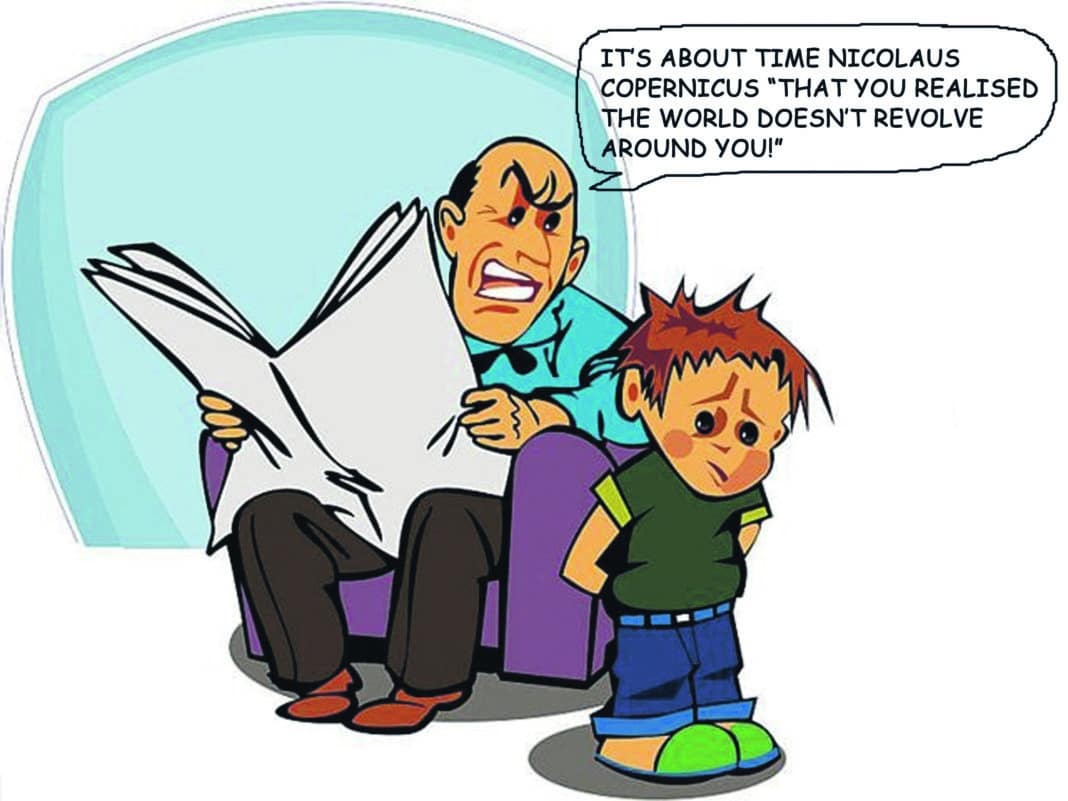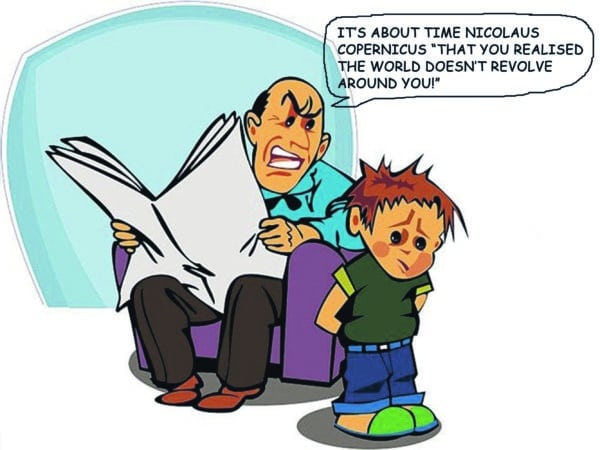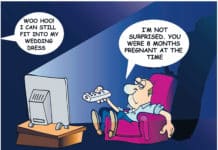We peel potatoes if we are the designated potato peeler in our family. Strangely, given the great variety of verbs in the English language and the great variety of potatoes, we never speak of ‘fleecing’ potatoes or ‘skinning’ potatoes, or even ‘shaving’ or ‘flaying’ them, do we? We prefer to remain in our comfort zone, so peeling it is.
Likewise, we rarely hear any of the great detectives announce that the butler didn’t do it, or a reluctant person replacing horses with any other animal when telling us that “wild horses couldn’t drag me to a dentist.” Wild tortoises just wouldn’t conjure up a credible picture, would they? You should brush your teeth regularly. We always manage to see reason in the cold light of day, rather than the warm sunlight of a Monte Carlo casino, why is that?
Sometimes language seems to turn ideas on their heads, or bamboozle us completely. For example, black holes in space have been described as pockets of non-existence, since no light or time survives there. Nothing to a Buddhist is also everything, since only nothing has any reality. Are you beginning to see what I mean? No, neither am I, but you see what I mean.
Many wrongheaded ideas have eventually succumbed to reason. H.M. Warner of Warner Brothers Pictures asked, “Who the devil wants to hear actors talk?” In 1927, a man called Ken Olsen expressed his opinion that “There is no reason anyone would want a computer in their home.” Never heard of him? I’m not surprised.
Throughout history, people and events have managed to turn the whole world upside down, sometimes almost literally. In 1543, the astronomer Nicolaus Copernicus theorised that the Earth and other planets rotated around the sun, and in no time at all — well, 100 years later — people finally got around to believing him, far too late for Copernicus to say, “I told you that a hundred years ago!”
Apparently one of the most frequently asked questions of primary teachers of geography is, “Why don’t people walk upside down in Australia?” Frankly, I still have trouble with that one myself. Perhaps it has something to do with the magnetic south pole, but don’t quote me.
Newton changed our perception of the world when he used an apple to create gravity, Charles Darwin turned us into very superior monkeys — we would always be served before them in a restaurant — and Columbus invented America, although he always claimed he didn’t do it deliberately.
Change is the only constant, the one certainty whose arrival and form we can never be sure of. My parents once took me to a circus, and having failed to have me taken on as an assistant liontamer, they insisted I demonstrate my tumbling skills, which mainly consisted of walking upside down as if I were an Australian. Talk about turning ideas on their heads. But at least I got a job as an apprentice clown. What goes around comes around, I hear you say.
David Aitken






